ISO/IEC 17020
ISO/IEC 17020 Conformity Assessment – Requirements For The Operation Of Various Types Of Bodies Performing Inspection
ISO/IEC 17020 Accreditations
ISO/IEC 17020 has been drawn up with the objective of promoting confidence in bodies performing inspection. Inspection bodies carry out assessments on behalf of private clients, their parent organizations, or authorities, with the objective of providing information about the conformity of inspected items with regulations, standards, specifications, inspection schemes or contracts. Inspection parameters include matters of quantity, quality, safety, fitness for purpose, and continued safety compliance of installations or systems in operation. The general requirements with which these bodies are required to comply in order that their services are accepted by clients and by supervisory authorities are harmonized in this International Standard.
ISO/IEC 17020 Covers the activities of inspection bodies whose work can include the examination of materials, products, installations, plants, processes, work procedures or services, and the determination of their conformity with requirements and the subsequent reporting of results of these activities to clients and, when required, to authorities. Inspection can concern all stages during the lifetime of these items, including the design stage. Such work normally requires the exercise of professional judgement in performing inspection, in particular when assessing conformity with general requirements.
Featured Standard
ISO/IEC 17020 Conformity Assessment – Requirements For The Operation Of Various Types Of Bodies Performing Inspection specifies requirements for the competence of bodies performing inspection and for the impartiality and consistency of their inspection activities.
It applies to inspection bodies of type A, B or C, as defined in ISO/IEC 17020:2012, and it applies to any stage of inspection.
ISO/IEC 17000 / 17020 / 17021 / 17024 – Conformity Assessment Package provides the essentials that are necessary to implement a conformity assessment program; guidance on the general principles, performing inspections, audits, and certification.
